Resources
Get Matched to the Right Builder
FIND THE PERFECT CUSTOM HOME BUILDER WITH OUR FREE ASSESSMENT
Tired of feeling overwhelmed? Look no further. We'll match you to the right builder in the Houston area and save you months of valuable time and money you'd spend trying to find one on your own. Click below to get started!

Download The Ultimate Custom Home Building Guide
A Step-by-step guide to building your custom dream home.
Download The Ultimate Custom Home Building Checklist
Finance

Finding Lot

Best Builder

Explore Our Gallery of Custom Homes
Browse our finished projects that display the craftsmanship of the builders we’ve matched with homeowners – turning dreams into reality.

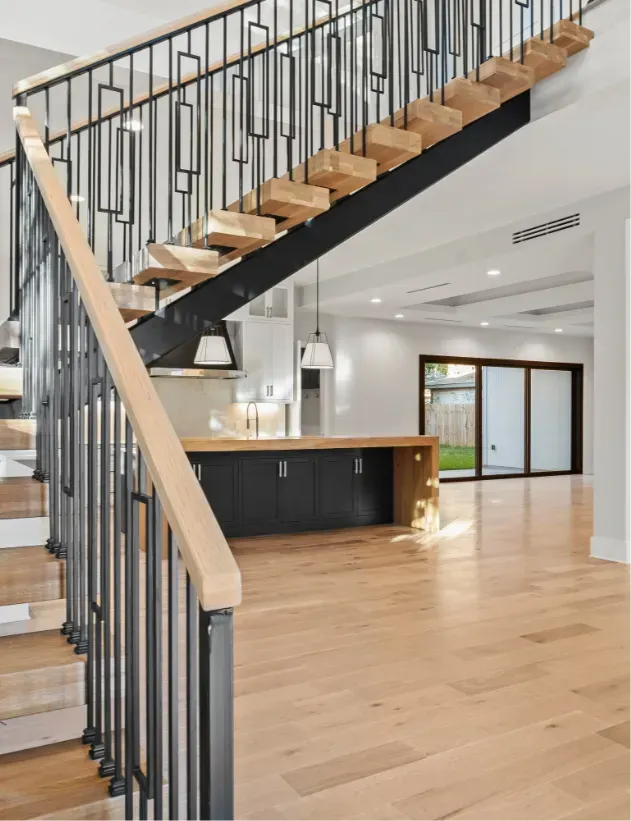



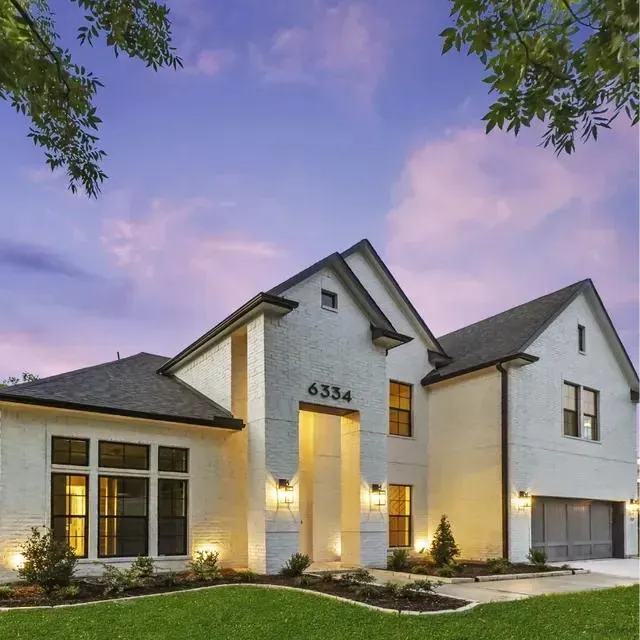
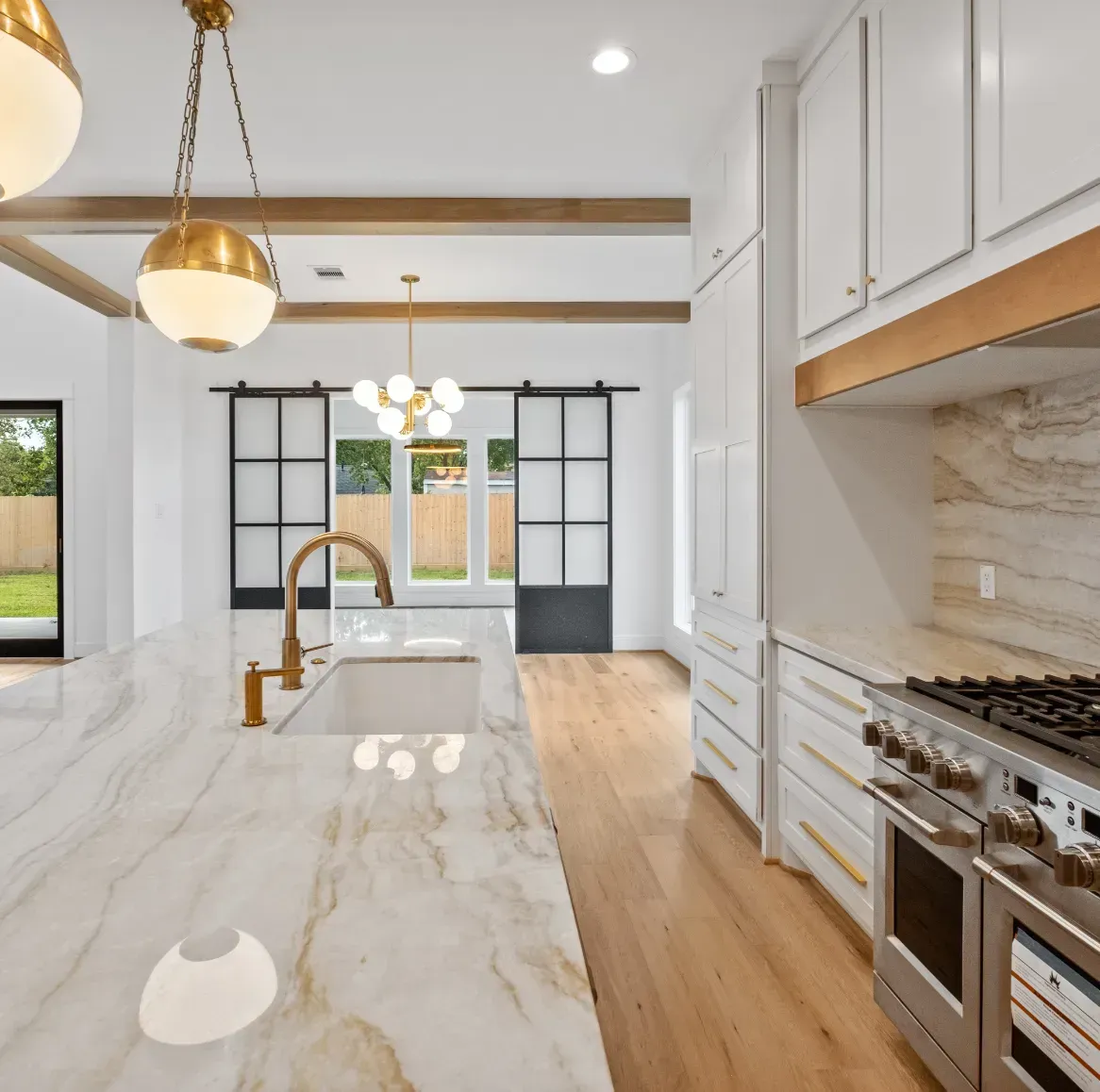

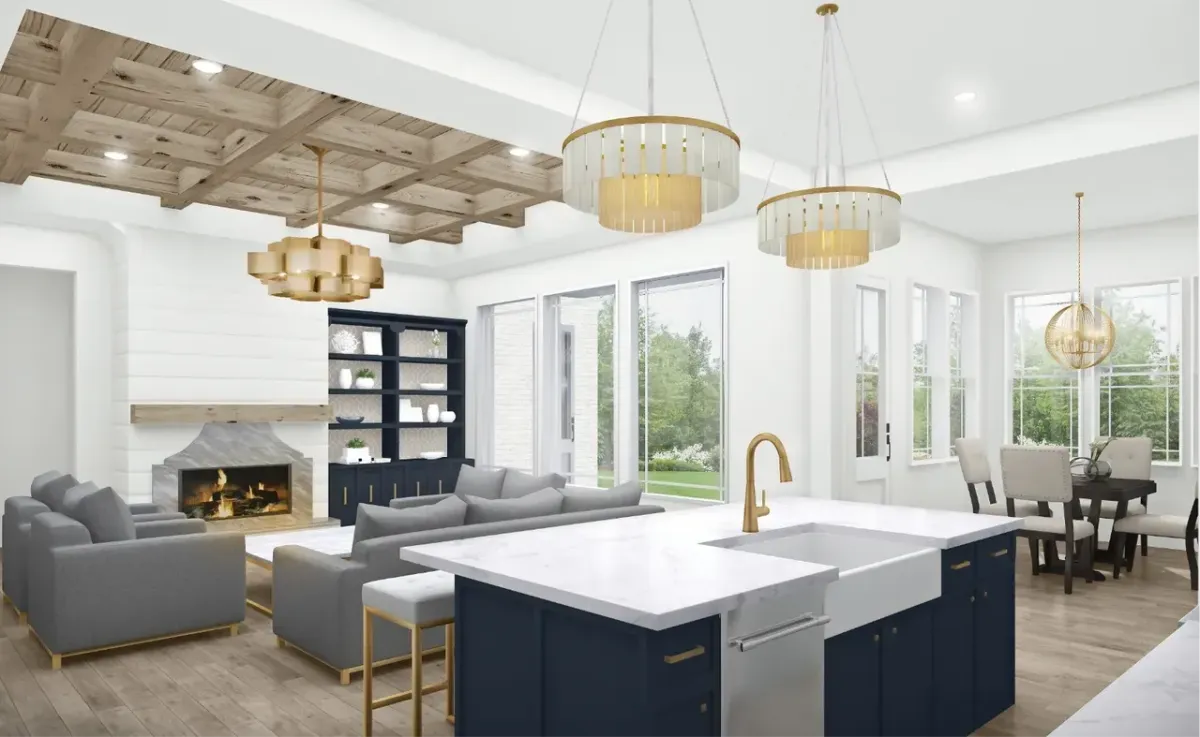
BLOG
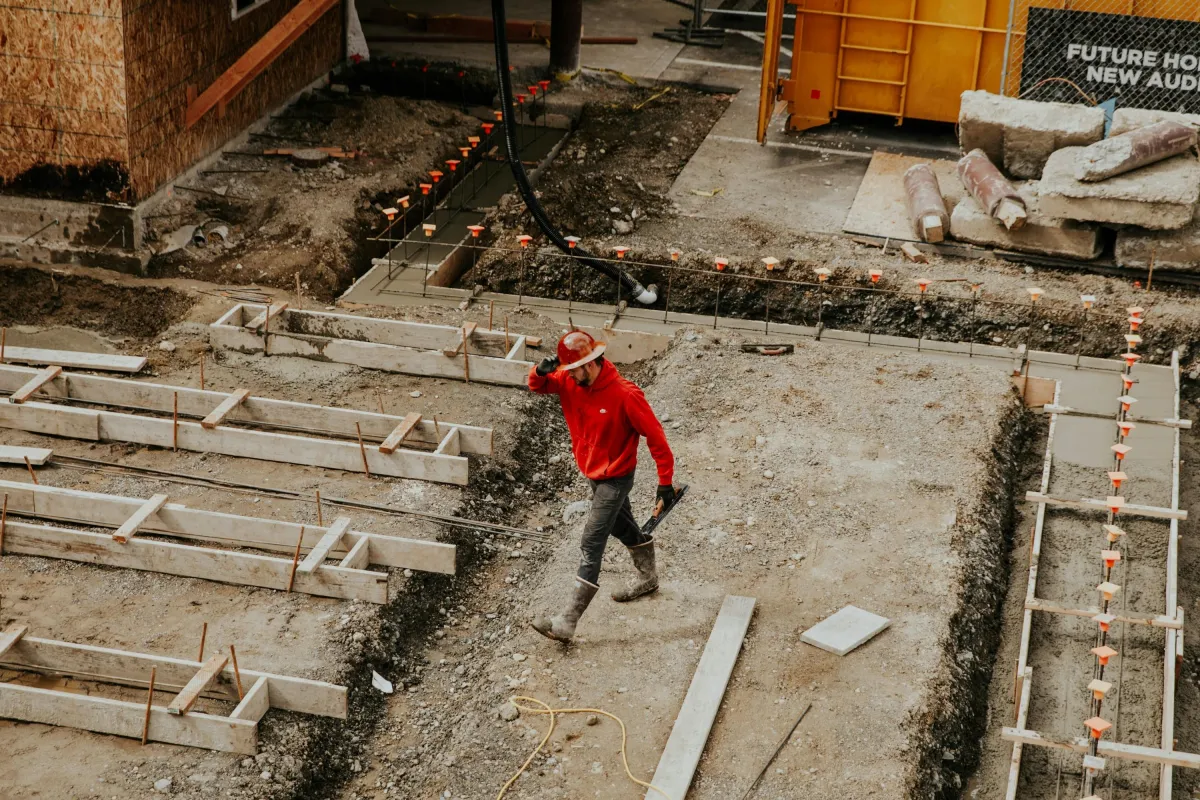
Maximizing Contractor Collaboration for Building Projects
Successful home construction goes beyond skilled labor, it requires strategic insight and seamless teamwork. Home building consultants play a pivotal role in streamlining the construction process, offering expertise in pre-construction planning, design optimization, and budget management. When contractors collaborate closely with experienced consultants, it leads to improved project outcomes, reduced risks, and strict adherence to building codes and regulations. Integrating consultant strategies enhances every phase of the build from material selection to site efficiency and final inspections. In this blog, we’ll explore how expert consultant services elevate home building projects and what to consider when choosing the right partner for long-term success
Key Takeaways
Home building consultants offer expertise in pre-construction planning, design optimization, and cost control.
Effective contractor-consultant collaboration improves project quality, mitigates risks, and ensures regulatory compliance.
Clear communication and trust are essential for long-term partnerships.
Integrating consultant strategies into daily workflow enhances material selection, site efficiency, and post-construction evaluation.
Evaluating fee structures and a consultant’s track record is crucial before engagement.
Understanding the Value of Home Building Consultant Services for Contractors

Home building consultants provide specialized knowledge in analyzing project feasibility, improving design efficiency, and managing cost overruns. Their involvement early in a project helps identify challenges, ensures adherence to budgets and safety, and streamlines compliance with building codes.
Defining the Role of a Home Building Consultant in Construction Projects
Acting as strategic partners, consultants review blueprints, coordinate with suppliers, and source qualified subcontractors. Their guidance bridges the gap between theoretical design and practical execution while minimizing risks at every project phase.
Key Benefits of Engaging Home Building Consultant Services
Consultants enhance overall project quality through design reviews and on-site inspections. They help detect and resolve design flaws early while reducing delays and managing risks, allowing contractors to focus on core building activities.
How Consultants Streamline Project Management for Contractors
By introducing efficient workflows that tie together budgeting, scheduling, and material logistics, consultants set realistic timelines and monitor progress closely. Regular inspections and risk assessments ensure timely decisions and optimized resource allocation, leading to significant cost savings.
Enhancing Project Outcomes With Specialized Building Consultancy
Specialized consultants offer services such as green building strategies, advanced cost management, and innovative design solutions. They recommend modern, energy-efficient building materials and methods, ensuring projects meet the demand for sustainable and aesthetically pleasing homes while staying within budgets.
Cost-Saving Advantages Through Expert Home Building Consultation
Consultants review project budgets, analyze market trends, and optimize material choices, resulting in better supplier negotiations and tangible cost savings. Their proactive risk identification helps prevent mistakes and rework, allowing savings to be reinvested in higher-quality construction and increased customer satisfaction.
Fostering Successful Contractor and Home Building Consultant Partnerships

A strong partnership built on communication, aligned objectives, and transparent roles is critical for efficient project execution and long-term success. Involving consultants from the initial planning phase leads to a more integrated project management approach and a collaborative culture.
Establishing Clear Communication Channels for Effective Collaboration
Regular meetings, progress reviews, and use of advanced project management tools ensure that all stakeholders are aligned on project status, challenges, and milestones. This transparency helps prevent misunderstandings and maintains a steady workflow.
Aligning Goals and Expectations Between Contractors and Consultants
Both parties should agree on key metrics such as budget, timeline, quality, and safety standards. Establishing clear performance indicators and benchmarks at the outset minimizes conflicts and keeps the project on track.
Building Trust and Transparency in Your Working Relationship
Consultants with proven track records and verifiable references build trust. Open communication about challenges and successes, combined with regular performance reviews, fosters an environment where both parties can embrace innovative ideas and make difficult decisions together.
Navigating Project Complexities Together Through Home Building Consultant Services
Consultants integrate risk assessments and strategic planning into projects through feasibility studies and tactical execution plans. This shared analysis helps anticipate challenges and maintain project continuity throughout every stage.
Strategies for Long-Term Productive Collaboration With Building Consultants
Long-term success comes from retaining consultants as ongoing advisors who help refine processes over time. Regular feedback loops and performance reviews contribute to tailored management strategies that improve efficiency, lower costs, and create predictable timelines for future projects.
Core Home Building Consultant Services Tailored for Contractors
Consultants offer a variety of services from initial feasibility studies to post-construction evaluations. Their focus on budget management, design optimization, and quality assurance bridges the gap between design and execution.
Pre-Construction Planning and Feasibility Studies With Consultant Support
During pre-construction, consultants conduct market analyses, review design concepts, and assess local regulations. This thorough evaluation helps contractors set realistic timelines and budgets and make informed decisions before construction begins.
Design Review and Optimization Offered by Home Building Consultant Services
Detailed design reviews help pinpoint inefficiencies and suggest alterations that optimize spatial configurations and cost efficiency. This process ensures that designs meet both aesthetic and functional requirements while reducing material waste.
Budget Management and Cost Control With Building Construction Consultants
Using historical data and market insights, consultants create realistic budgets and employ advanced software to monitor expenses. Their active cost control measures help prevent overruns and keep projects on schedule.
Quality Assurance and Site Inspection Services
Regular site inspections ensure that construction adheres to approved designs, codes, and safety guidelines. By establishing quality checkpoints and using standardized checklists, consultants maintain high construction standards and regulatory compliance throughout the project.
Risk Assessment and Mitigation Strategies From Your Consultant
Consultants perform risk assessments to identify hazards related to labor, materials, and regulatory changes. They develop contingency plans and adjust schedules as needed, minimizing project delays and ensuring consistent workflow.
Integrating Home Building Consultant Expertise Into Your Workflow

Integrating consultant expertise into daily operations enhances overall project efficiency. Their actionable recommendations and continuous insights help ensure that every phase—from material sourcing to on-site management—is executed with high quality.
Seamlessly Incorporating Consultant Advice Into Daily Operations
Consultants suggest practical methods for daily operations improvements through scheduled meetings and progress reports. Their feedback enables a dynamic and adaptive culture that quickly responds to changes and keeps projects on schedule.
Leveraging Consultant Knowledge for Material Selection and Sourcing
By leveraging their industry relationships and experience, consultants assist contractors in choosing cost-effective, high-quality materials. Their analyses of product performance and durability help reduce waste and enhance project value.
Utilizing Home Building Consultant Services for Regulatory Compliance
Consultants ensure every project aspect meets local, state, and federal regulations by offering detailed insights into zoning laws, safety requirements, and environmental guidelines. This vigilance helps avoid legal issues and costly rework.
Enhancing On-Site Efficiency With Consultant-Driven Strategies
Implementing consultant recommendations—such as improved logistics, equipment upgrades, or workforce training—leads to a more organized and efficient construction site, reducing downtime and increasing work output.
Post-Construction Support and Evaluation From Your Building Consultant
After project completion, consultants continue to support by evaluating outcomes and recommending improvements. Post-construction assessments help resolve issues promptly and inform strategies for future projects.
Overcoming Challenges in Contractor and Consultant Collaboration

Challenges such as miscommunication, scope creep, or conflicting priorities can arise. To address these issues efficiently, a collaborative and proactive approach is essential.
Addressing Miscommunication and Differing Perspectives
Establishing clear communication channels with regular updates and shared documentation ensures that diverse viewpoints are merged into cohesive strategies, reducing delays and misunderstandings.
Managing Scope Creep and Timeline Adjustments Effectively
By setting clear project boundaries and change management protocols, consultants help both parties adjust timelines and manage scope creep without compromising overall project success.
Resolving Conflicts and Disputes Amicably
Structured conflict resolution—grounded in trust and clear, documented agreements—helps resolve issues quickly. Open communication and objective reviews keep disputes from escalating and maintain a productive relationship.
Ensuring Consistent Quality Control Across All Project Phases
Quality assurance is maintained through regular inspections and clear benchmarks. This systematic approach guarantees that the final construction meets high standards and regulatory requirements.
Adapting to Unforeseen Issues With Joint Problem-Solving
A collaborative approach to unforeseen challenges—using joint brainstorming and contingency planning—allows both contractors and consultants to develop adaptive solutions that safeguard project continuity.
Selecting the Right Home Building Consultant Services for Your Needs

Selecting the right consultant is vital. Contractors must evaluate potential partners based on experience, service offerings, and proven results to ensure the consultant can effectively address the unique challenges of custom home building.
Identifying Your Specific Project Requirements and Consultant Specializations
Clearly defining project needs—whether design, cost control, risk management, or regulatory compliance helps pinpoint consultants with the right expertise and facilitates a successful match.
Evaluating a Consultant's Experience and Track Record in Home Building
Reviewing case studies, client testimonials, and project portfolios ensures that a consultant’s experience aligns with project requirements and provides confidence in their ability to deliver results.
Understanding Fee Structures and Service Agreements for Home Building Consultant Services
Contractors should fully understand fee arrangements—whether fixed, hourly, or project-based—and negotiate clear service agreements that outline responsibilities and deliverables to avoid future misunderstandings.
Checking References and Testimonials From Other Contractors
Direct feedback from past clients helps assess a consultant’s communication style, problem-solving skills, and overall reliability, forming a robust basis for a long-term partnership.
Ensuring a Good Fit for a Productive Contractor-Consultant Relationship
Ultimately, success depends on compatibility. A productive relationship is built on mutual respect, shared values, and open communication, ensuring both parties work in harmony toward common project goals.
Final Thoughts
Home building consultant services provide the expert guidance necessary for contractors to excel in a competitive market. Through specialized planning, risk management, and design optimization, consultants support efficient execution and budget adherence. Contractors gain a competitive edge in custom home building by building trust, aligning goals, and maintaining clear communication.
Frequently Asked Questions
Q: What are home building consultant services?
A: They offer expert guidance in planning, design, budgeting, and quality assurance, helping contractors optimize workflows and reduce risks.
Q: How do consultants help in managing construction budgets?
A: They analyze market trends, negotiate supplier agreements, and monitor expenses to keep projects within budget while preventing costly overruns.
Q: Why is regulatory compliance important during construction?
A: Compliance minimizes legal risks, ensures safety standards, and prevents delays, thereby safeguarding both the contractor and the project’s success.
Q: How can contractors evaluate a consultant's track record?
A: By reviewing case studies, client testimonials, and past project outcomes to ensure the consultant’s expertise aligns with project requirements.
Q: What strategies are effective for resolving contractor-consultant conflicts?
A: Establishing clear communication channels, setting mutual goals, and conducting regular performance reviews help resolve conflicts quickly and maintain a productive partnership.
Contact Us Today To Learn More
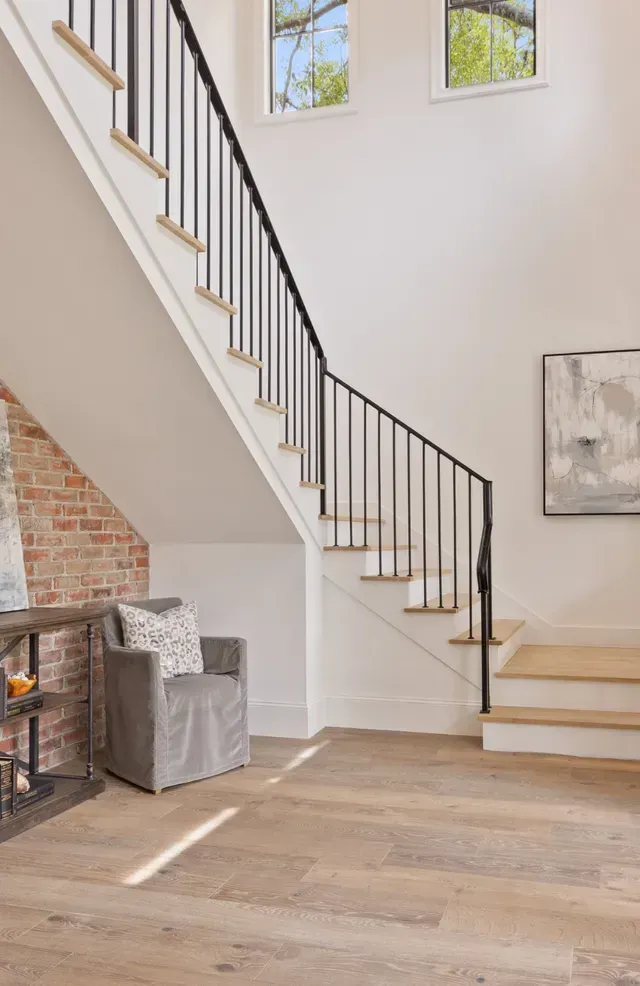
Phone: +1 713-304-5330
Address: 8588 Katy Fwy #450, Houston, TX 77024, United States


